Polar bears are capable of swimming vast distances, a potential survival skill needed in an Arctic environment where summer sea ice is vanishing, a study led by the U.S. Geological Survey showed on Tuesday.
The study, published in the Canadian Journal of Zoology, tracked 52 female polar bears in the southern Beaufort Sea off Alaska. Between 2004 and 2009, a period of extreme summer-ice retreat, about a third of those bears made swims exceeding 30 miles in distance, according to the study results.
The 50 recorded ultra-marathon swims averaged 96 miles, and one bear was able to swim nearly 220 miles, according to the study results. The duration of the long-distance swims lasted from most of a day to nearly 10 days, according to the study.
The bears’ movements were tracked using global positioning system collars. All the animals in the study were females because male polar bear necks are too thick for GPS-equipped collars, said Karen Oakley, a supervising biologist at the USGS Alaska Science Center.
Many of the polar bears in the study had young cubs with them, and it appears that at least some of the cubs – which were not collared – might have been able to keep up with their mothers in the water, USGS officials said.
The scientists were able to track 10 of the studied bears within a year of collaring and found that six still had their cubs, the lead scientist said in a statement released by the USGS.
“These observations suggest that some cubs are also capable of swimming long distances. For the other four females with cubs, we don’t know if they lost their cubs before, during, or at some point after their long swims,” Anthony Pagano, a USGS scientist and lead author of the study, said in the statement.
While the demonstrated long-distance swimming ability is likely a good thing for polar bears, scientists were concerned about the animals expending too much energy in their efforts to travel across open water, the USGS statement said.
Oakley said the study sample was too small to draw conclusions about the fate of the entire polar bear population, which in 2008 was designated as threatened and granted Endangered Species Act protections because of rapid warming in their Arctic habitat.
The study simply describes behavior that was observed, Oakley said. “It’s just very interesting that in fact they can swim long distances, and cubs can swim long distances,” she said. “Do all the cubs that attempt to swim these long distances survive? We don’t know.”
Scientists do not know whether such long-distance swimming is a new behavior, USGS officials said.
The technology to track long-distance bear swims accurately was not available in the past, Oakley told Reuters. “The GPS technology, which is relatively new, is what allowed us to really do the actual in-depth analysis of this,” she said.
But polar bears probably lacked the opportunity or need to make such long swims in that part of the Arctic in the past. In past decades, polar bears were always able to rest on available floating summer sea ice, she said.
“These long distances of open water didn’t use to exist in the southern Beaufort Sea,” she said. “Did they swim these really long distances? Well, they didn’t have to because they weren’t there.”
Appeared first in Planert Ark World Environment News
Author:Yereth Rosen
(Editing By Cynthia Johnston; Editing by Sandra Maler)
Click here for link to original article
Nic Slocum
Nic Slocum is an experienced naturalist and wildlife guide and is best known for his escorted tours taking enthusiasts out, both in Ireland and overseas, to view and photograph whales and dolphins. Nic maintains a lifelong passion for using the written word to promote the conservation of our wildlife and wild places and has appeared as an expert commentator on both radio and TV. A zoologist by training, Nic has published articles on conservation related issues in regional and national newspapers. Nic is a director of Whale Watch West Cork.com and Whales World Wide.com
- Web |
- More Posts(24)
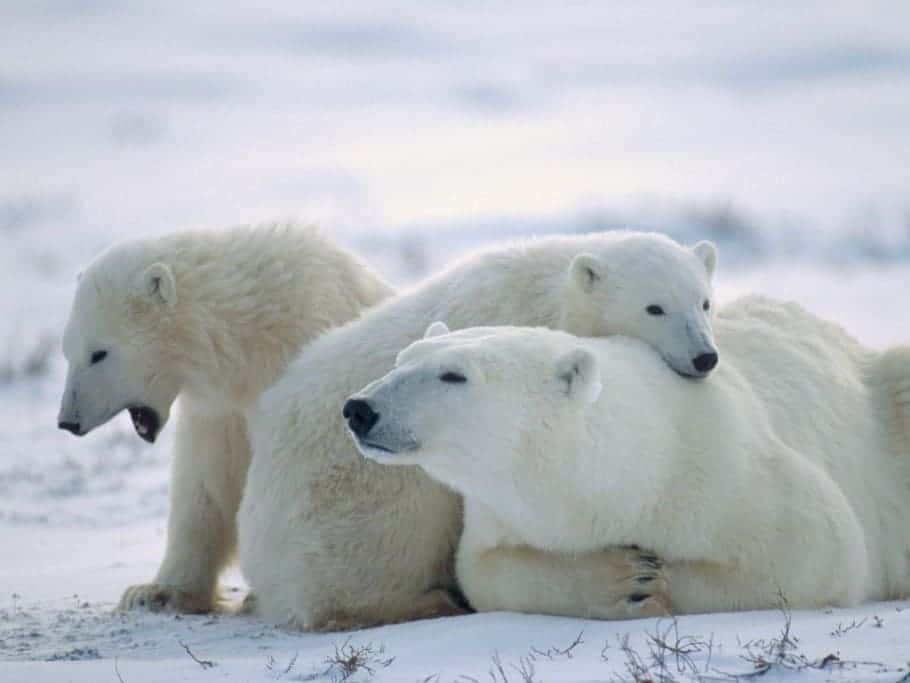

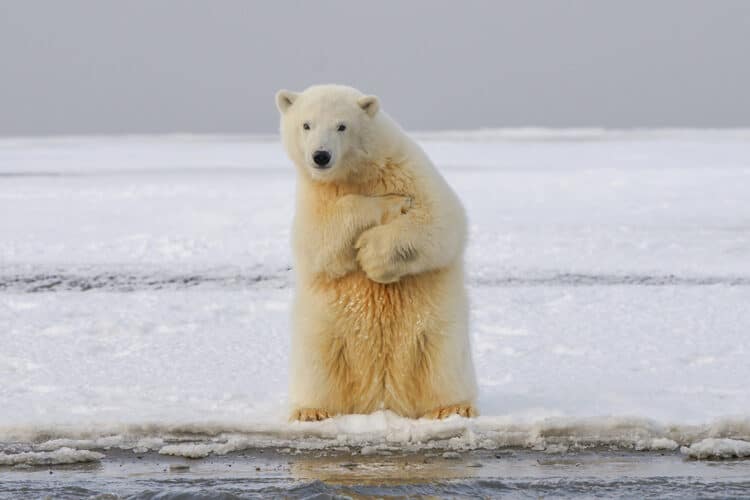
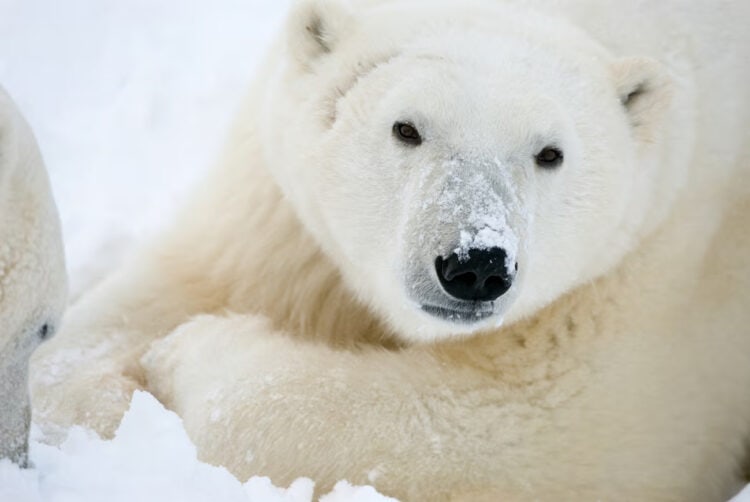
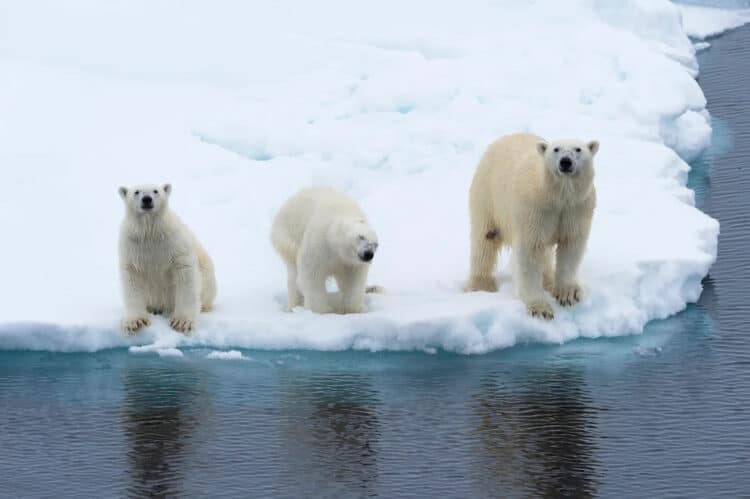
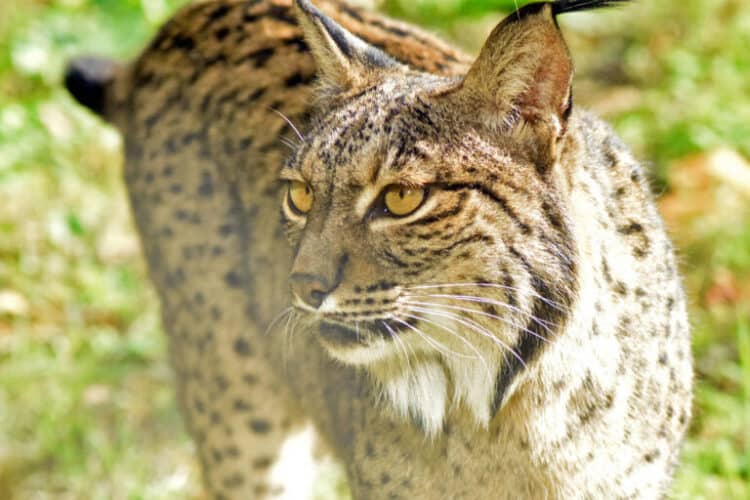

Leave a Reply